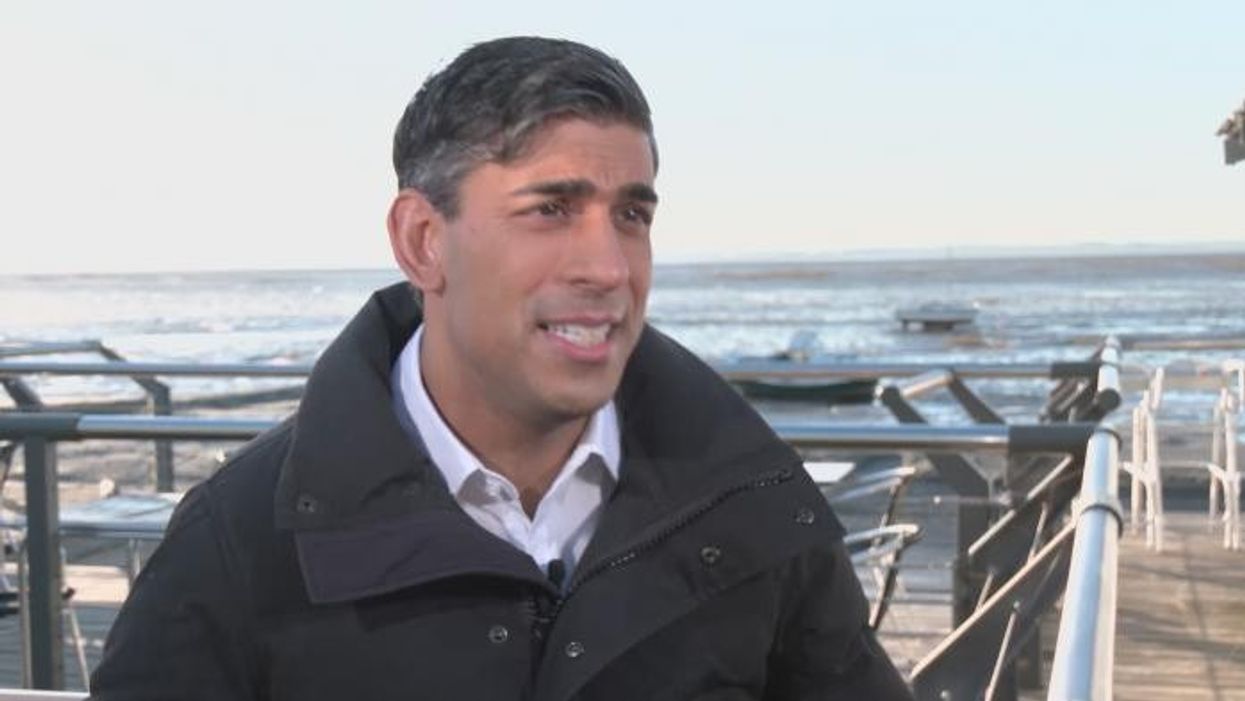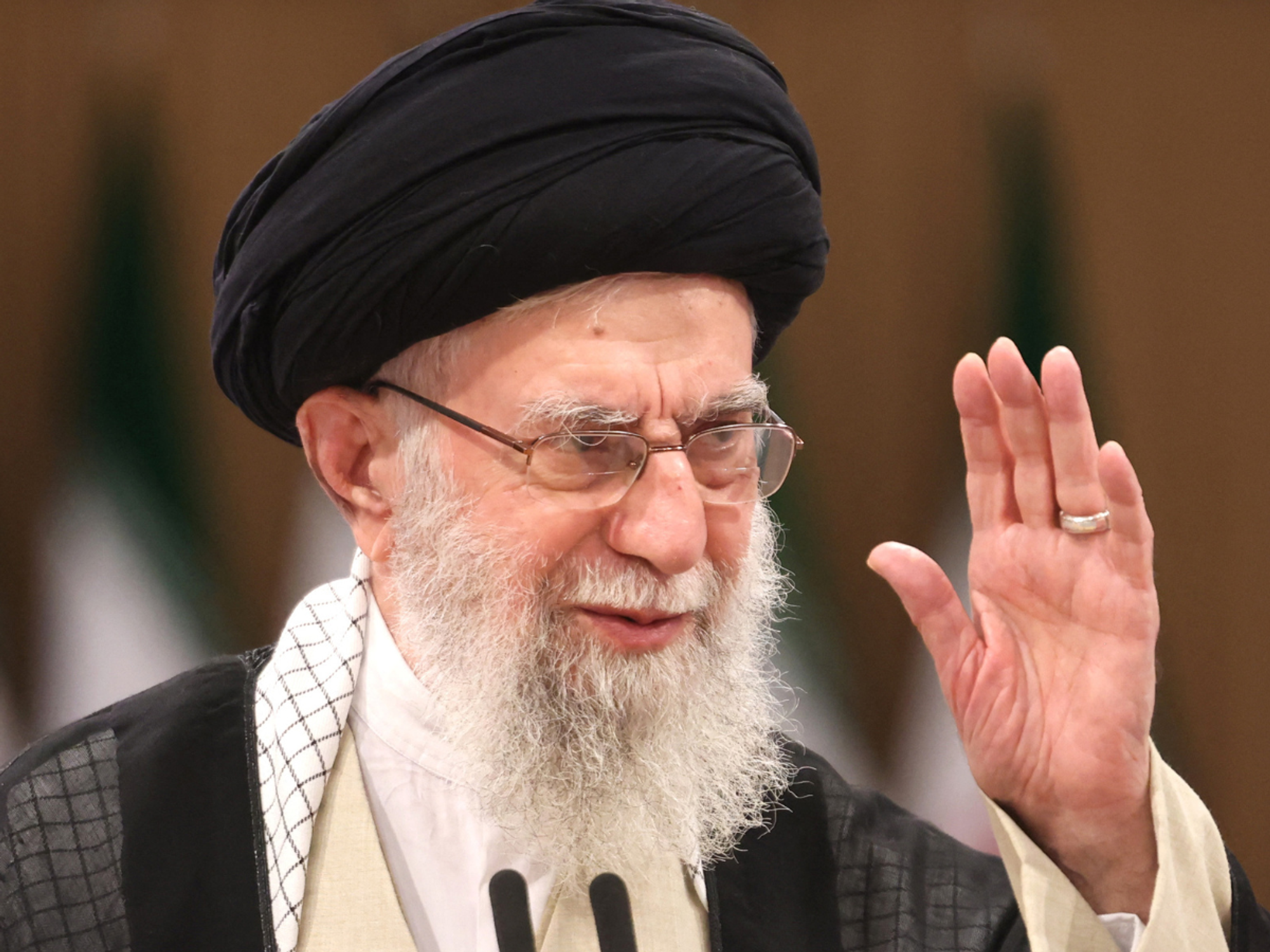UK could be dragged into more protracted conflict as Houthis are not rag-tag militia that can be easily disposed of - analysis by Mark White

Saudi Arabia launched a sustained campaign in 2015 to help restore the government in Yemen but that ended in stalemate
Don't Miss
Most Read
I don’t doubt the sincerity of political leaders in Washington and in London when they stressed their determination to ensure the initial strikes on Houthi rebels in Yemen would be limited and proportionate.
However, it’s clear the Houthis didn’t get the memo.
Since the first set of strikes on January 11, in which the UK military participated, the rebel group has launched a dozen separate attacks on merchant shipping in the Red Sea and Gulf of Aden.
The US has responded in a limited way to those attacks, launching around half a dozen lower-level strikes on Houthi missile command-and-control and munition sites.

Rishi Sunak said he would not rule out further strikes if the Houthis persisted in attacking commercial shipping
|PA/Reuters
But Rishi Sunak’s decision to once again participate in a further series of strikes opens up some real concern about the possibility the UK could be sucked in to a more protracted conflict with the group.
In fact, addressing Parliament on Tuesday, the Prime Minister said he would not rule out further strikes if the Houthis persisted in attacking commercial shipping.
For now at least, far from deterring the Iranian-backed militants, the Houthi leadership has widened its list of target vessels to include those linked to the US and the UK, in retaliation, they say, for the strikes carried out by the British and Americans.
The initial goal may have been to give the Houthis a bloody nose in the hope or expectation they would cease and desist. But a more prolonged campaign of air strikes may have to be considered if the Houthi aggression is to be effectively countered.
It would be naïve to think the Houthis are simply a rag-tag militia that can be easily disposed of.
LATEST DEVELOPMENTS:

The Houthis are hitting back in retaliation, they say, for the strikes carried out by the British and Americans
|Reuters
It’s true they are no match for a modern military superpower like the US, but the Saudis found out to their cost that they won’t simply be bombed into submission.
As part of a coalition, Saudi Arabia launched a sustained campaign in 2015 to help restore the government in Yemen. But several years later, that military endeavour effectively ended in stalemate.
The Houthis are a belligerent, battle-hardened group of fighters who have been trained, armed and advised by the government in Tehran.
The drone and missiles they are currently lobbing at merchant shipping have either been supplied by, or built with components from Iran.
The UK government and its allies across the Atlantic are now embarked on a strategy of trying to degrade the Houthi’s missile and drone launching capabilities.

The Houthis have been armed by Iran
|Reuters
Recent military intelligence assessments indicate up to a third of the rebels’ capacity to launch missiles may have been neutralised.
The hope is the Houthis will eventually get the message that it’s in their own interests to stop targeting these vital shipping routes.
But the longer this drags on, the more the UK might have to think of a more sustainable approach than sending RAF Typhoon combat jets on a more than 3,000 mile round-trip from Cyprus to drop their bombs.
The RAF, as always, is doing a commendable job in meeting the expectations of senior politicians.
But a more protracted campaign in Yemen is likely to require the use of other military assets, like attack submarines with their Tomahawk cruise missiles, or perhaps even an aircraft carrier strike group.
That would be a costly escalation, but has to be part of the political calculation the longer that military effort drags on.











